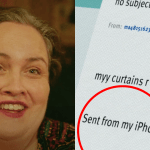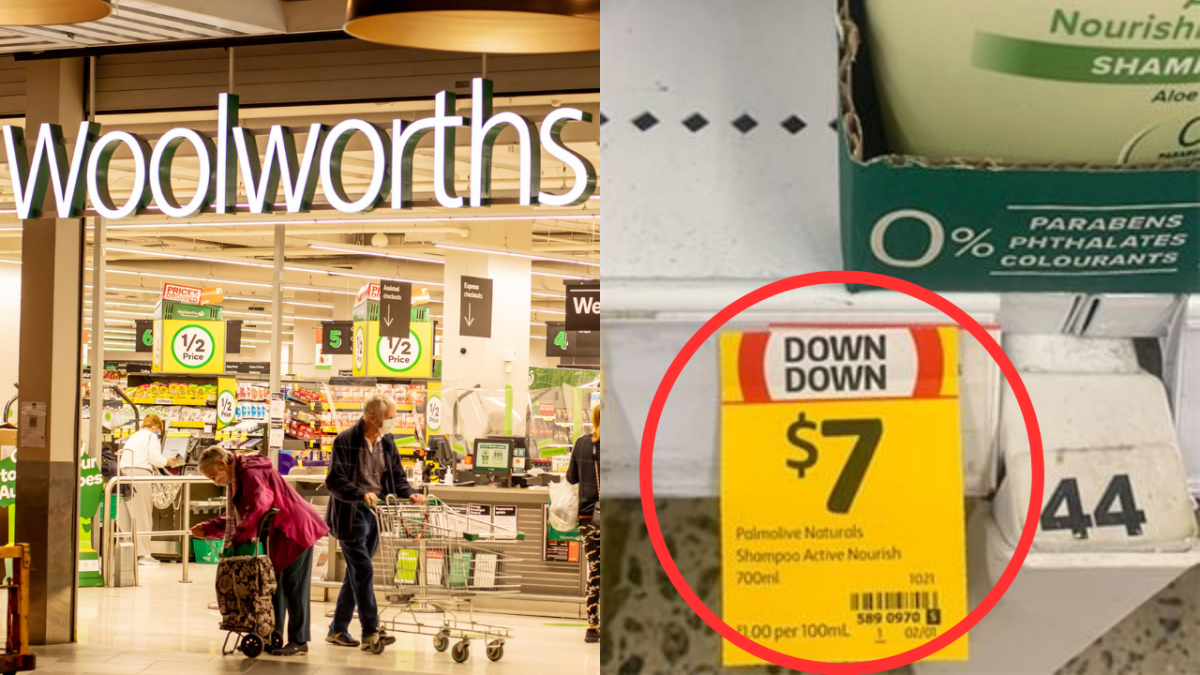
Australia’s biggest supermarkets have been accused of deliberately ripping off customers, by using misleading promotion labels designed to confuse shoppers over the value of items they’re buying.
The supermarket inquiry into the predatory duopoly that is Woolworths and Coles has opened our eyes to the sneaky ways grocery stores wring us for money, and new data shows the marketing of certain products is one of them.
Consumer watchdog CHOICE conducted a survey that found one in four Australians find it difficult to tell if they’re genuinely getting a good deal with an item that looks like its on ‘promotion’ — which probably doesn’t come as a surprise to anyone who’s been burned by Woolies’ cheeky yellow labels before.
The survey of more than 1,000 people presented shoppers with pictures of real supermarket labels that used phrases like “down, down”, “low price”, “super savers” and “prices dropped”. The shoppers were then asked which ones they thought actually represented a discount, and which were just highlighting the normal price of the item.
The survey found that people were largely confused by the labels, and many misidentified items as discounted when they weren’t.
In one example, people were shown a bottle of coconut water from Woolworths which had a label that said “prices dropped”. Almost 1 in 5 (19 percent) of shoppers identified it as a discount, 58 percent said it wasn’t, and 23 percent said they weren’t sure.
It turns out the item’s cost was decreased — but in 2019. This means the item was promoted as discounted for a price change that happened five years ago.
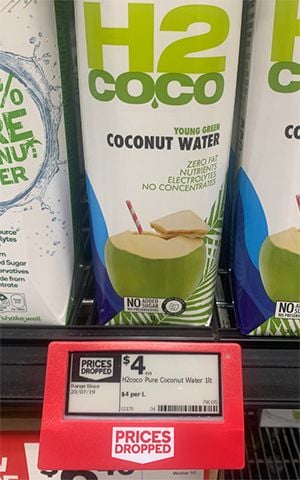
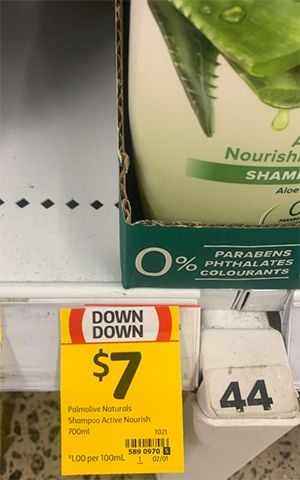
Retail marketing expert Louise Grimmer, from the University of Tasmania, said supermarkets use brightly coloured labels — often in red and yellow — to create the impression of a promotion even if they don’t actually say the item is on sale.
“It is all designed to get people purchasing products and it’s all about that scarcity affect. People think ‘I better get in quickly’ and ‘I better buy this’ because usually a special or a discount is only for a specified period of time,” she told CHOICE.
Coles, Woolworths and Aldi were all found to be using confusing — if not downright misleading — labels, though they claimed that definitions of each of their labels were available to those who wanted them.
While Choice found this to be the case for Aldi, it said there wasn’t an easily accessible guide to labels on Coles and Woolies’ websites.
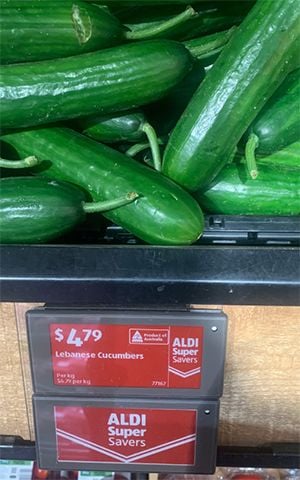
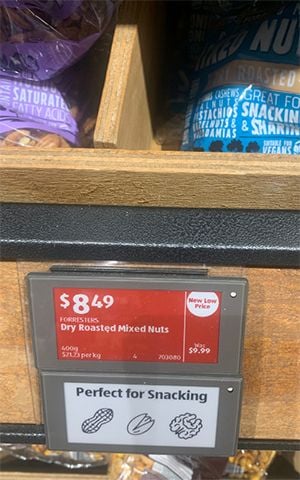
CHOICE senior campaigns and policy adviser Bea Sherwood called for stricter rules on how prices are displayed, so that it’s clear when an item is on promotion and when it’s not.
“We have had hundreds of people share examples with us of potentially misleading pricing practices at the major supermarkets,” she said.
“It is particularly difficult for people who are time poor, perhaps raising a young family, they don’t have the time to keep track of supermarket prices and are not being provided with the resources they need to make informed purchasing decisions.
“It is clear we can’t rely on the supermarkets to do right by consumers.”
It certainly is hard to tell when items are actually on promotion these days — I find myself doing the maths by 100g and then cross-checking with other supermarkets online to know when something is a good deal. And let’s be real — very few people have the time to do that, and even if they do — it’s pretty messed up to have to crunch numbers like your life depends on it just to see if you can afford a bag of rice at Woolworths or Coles.
We need change, and not just in terms of how supermarkets label their items. Really, it’s the cost of living crisis that has gotten us to this point to begin with.



